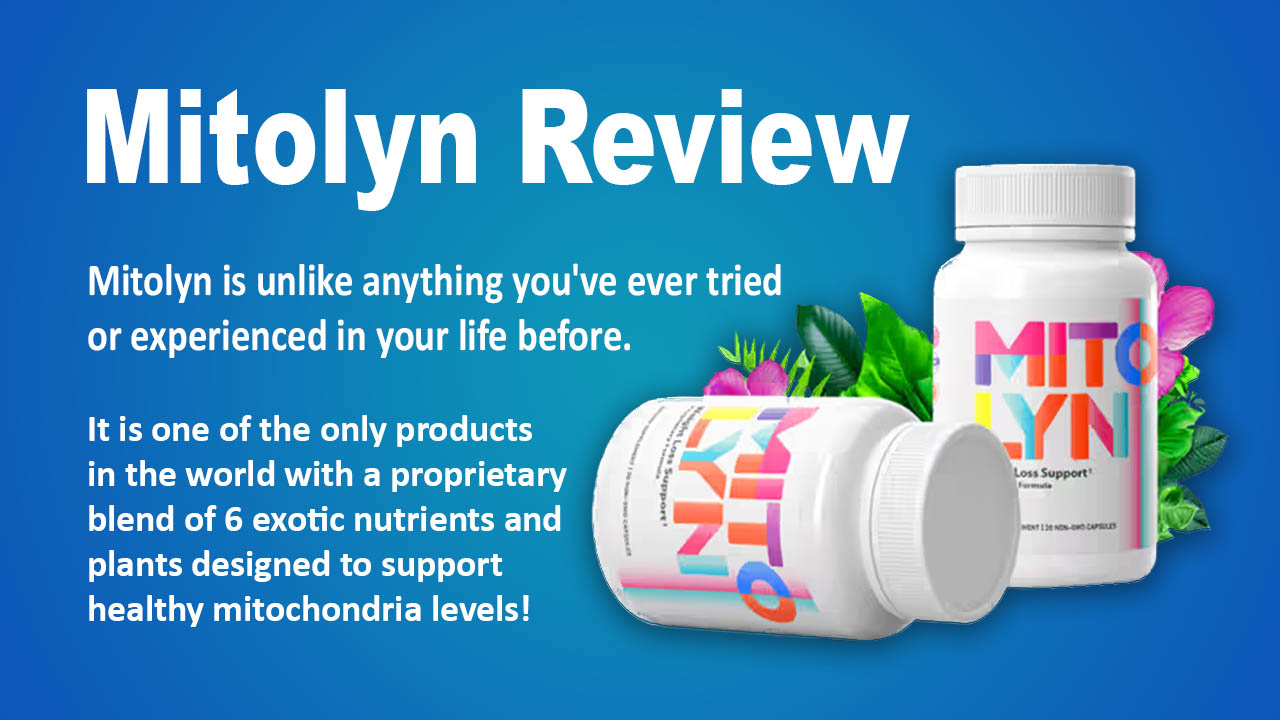6 Heart-Healthy Foods to Add to Your January Diet | Nutritionist-Approved

Heart disease remains the leading cause of death in the United States. Shockingly, despite its prevalence, half of Americans aren’t aware of this alarming statistic, according to the American Heart Association. The silver lining? You can significantly reduce your risk of heart disease by incorporating heart-healthy foods into your daily diet.
While there are countless options that promote heart health, sometimes it’s helpful to have a concise list. That’s why we consulted nutrition experts to learn about their top heart-friendly food picks. Ready your shopping cart—here are six essential heart-healthy foods to start eating now!
6 Heart-Healthy Foods
1. Fatty Fish
There’s a reason why dietitians always recommend eating more seafood. Fatty fish, such as salmon, mackerel, sardines, and canned tuna, are rich in omega-3 fatty acids—essential nutrients that play a crucial role in cardiovascular health. “Omega-3s help reduce inflammation, lower blood pressure, and decrease triglycerides,” explains Patricia Bannan, M.S., RDN, author of From Burnout to Balance. It’s no surprise that the American Heart Association suggests eating at least two servings of fish per week.
For those who are new to seafood, Bannan advises rotating two different types of fatty fish into your weekly meal routine. Need a quick dinner idea? Try baking salmon or mackerel with lemon juice and fresh herbs. If mackerel is unfamiliar to you, give this Gochujang-Glazed Grilled Mackerel a try!
Canned tuna is another versatile option that’s easy to incorporate into meals. You can add it to salads, wraps, or even a classic tuna melt. Short on time? Open a can of sardines, top them with mustard, and serve on crackers for a simple heart-friendly snack.
2. Leafy Greens
Leafy greens are nutritional superstars packed with antioxidants and potassium—both essential for heart health. “Spinach, kale, and Swiss chard are rich in potassium, which helps regulate blood pressure, and nitrates, which improve blood vessel function,” says Bannan.
These greens are also abundant in magnesium, fiber, and vitamins C and K—all of which contribute to improved cardiovascular function. Plus, they’re budget-friendly and low in calories, making them an excellent addition to any meal plan.
To include more leafy greens in your diet, try sautéing them with olive oil and garlic for a quick side dish. Alternatively, toss them into soups, casseroles, or grain bowls. For more creative ideas, check out these Leafy-Green Packed Recipes!
3. Legumes
Both Bannan and Leslie Bonci, M.P.H., RDN, FAND, agree that legumes are nutritional powerhouses. They’re loaded with soluble fiber, which can lower cholesterol levels. Research even suggests that people who regularly consume legumes are less likely to develop cardiovascular disease.
Whether you prefer lentils, chickpeas, or black beans, legumes are an easy and affordable way to boost heart health. If you’re short on time, canned beans are a great option—just rinse them before using to reduce sodium content. For meal inspiration, try these Dinner Casseroles with Beans.
4. Olive Oil
Olive oil, a staple of the Mediterranean diet, is revered for its heart-supporting benefits. High in monounsaturated fats and antioxidants, olive oil helps fight inflammation and reduce LDL cholesterol. Studies have shown that diets rich in olive oil can decrease the risk of cardiovascular disease by up to 16%.
“Use olive oil as a base for salad dressings, marinades, or drizzle it over roasted vegetables,” suggests Bannan. During colder months, try adding a splash of olive oil to soups or stews for a richer flavor and added heart-health benefits.
5. Soy Foods
Soy foods, including tofu, edamame, and soy milk, are excellent sources of high-quality plant protein and heart-protective isoflavones. Research supports their benefits—one study found that consuming soy products can lower the risk of cardiovascular disease by 18%.
If you’re new to soy, start by incorporating it gradually. Swap out regular milk for soy milk in your smoothies, oatmeal, or coffee. You can also add edamame to salads or grain bowls for a protein-packed boost. For a comforting meal, try this hearty Egyptian Edamame Stew.
6. Whole Grains
Craving carbs? Whole grains are your heart’s best friend. Unlike refined grains, whole grains retain their nutrient-rich bran and germ, providing fiber and antioxidants that can help lower blood pressure and cholesterol levels.
Oats, in particular, deserve a special mention. They’re packed with beta-glucan, a type of soluble fiber that helps reduce cholesterol. Studies even suggest that eating oatmeal in place of white bread can lower the risk of stroke. Spice up your breakfast routine with these creative oatmeal recipes.
Strategies to Improve Heart Health
“Taking steps to prioritize heart health not only reduces the likelihood of heart attacks but also enhances overall well-being,” says Bannan. Here are some actionable strategies:
- Move More: Regular physical activity improves circulation, strengthens the heart muscle, and helps maintain a healthy weight.
- Focus on Plant-Based Foods: While animal proteins can be part of a balanced diet, incorporating more plant-based options like beans, lentils, and whole grains can yield significant heart-health benefits.
- Eat Mindfully: Slow down and savor your meals. Mindful eating can help you tune into your hunger cues, preventing overeating and promoting a healthy weight.
The Bottom Line
“The heart is the engine that keeps everything running,” says Bonci. Keeping it healthy should be a top priority—and your kitchen is the perfect place to start. By stocking up on fatty fish, leafy greens, legumes, olive oil, soy foods, and whole grains, you’ll be well on your way to better heart health.
Remember, heart health isn’t just about diet—it’s also about lifestyle. Make time for regular physical activity, manage stress, and enjoy your meals mindfully. With these simple, consistent changes, you can protect your heart and improve your overall quality of life.






